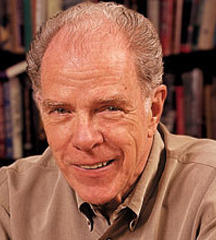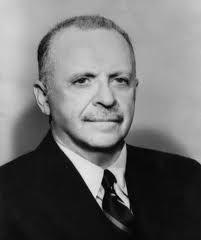Michel de Montaigne Quotes about Death
Essays Bk III, Ch. 12 'Of Physiognomy'
One should always have one's boots on and be ready to leave.
'Essais' (1580) bk. 1, ch. 20.
We trouble our life by thoughts about death, and our death by thoughts about life.
Michel de Montaigne, John Michael Cohen (1959). “Essays”, Penguin Classics
Michel de Montaigne “Annotated Essays of Michel de Montaigne with English Grammar Exercises: by Michel de Montaigne (Author), Robert Powell (Editor)”, Powell Publications, LLC
Essais bk. 1, ch. 20 (1580)
The perpetual work of your life is but to lay the foundation of death.
Michel de Montaigne (2016). “Delphi Complete Works of Michel de Montaigne (Illustrated)”, p.286, Delphi Classics
Michel de Montaigne (1946). “The essays”
Michel de Montaigne, Charles Cotton (1711). “Essays of Michael Seigneur de Montaigne: In Three Books with Marginal Notes and Quotations. And an Account of the Author's Life. With a Short Character of the Author and Translator,”, p.360
Attributed to "Essais" by Michel de Montaigne, Book I, Ch. 7, 1595.
Michel de Montaigne (2014). “Shakespeare's Montaigne: The Florio Translation of the Essays, A Selection”, p.31, New York Review of Books
Now, of all the benefits that virtue confers upon us, the contempt of death is one of the greatest.
"Montaigne's Essays: Top Essays".
Michel de Montaigne (1850). “Works, Comprising His Essays, Letters, and Journey Through Germany and Italy: With Notes from All the Commentators, Biographical and Bibliographical Notices &c., &c”, p.224
Michel de Montaigne (1872). “All the Essays of Michael Seigneur de Montaigne”, p.880
Michel de Montaigne (1946). “The essays”
Michel de Montaigne, George Savile Marquis of Halifax (1743). “Montaigne's Essays in Three Books: With Notes and Quotations. And an Account of the Author's Life. With a Short Character of the Author and Translator”, p.82
If I can, I shall keep my death from saying anything that my life has not already said.
Michel de Montaigne (1958). “Complete Essays”, p.20, Stanford University Press







